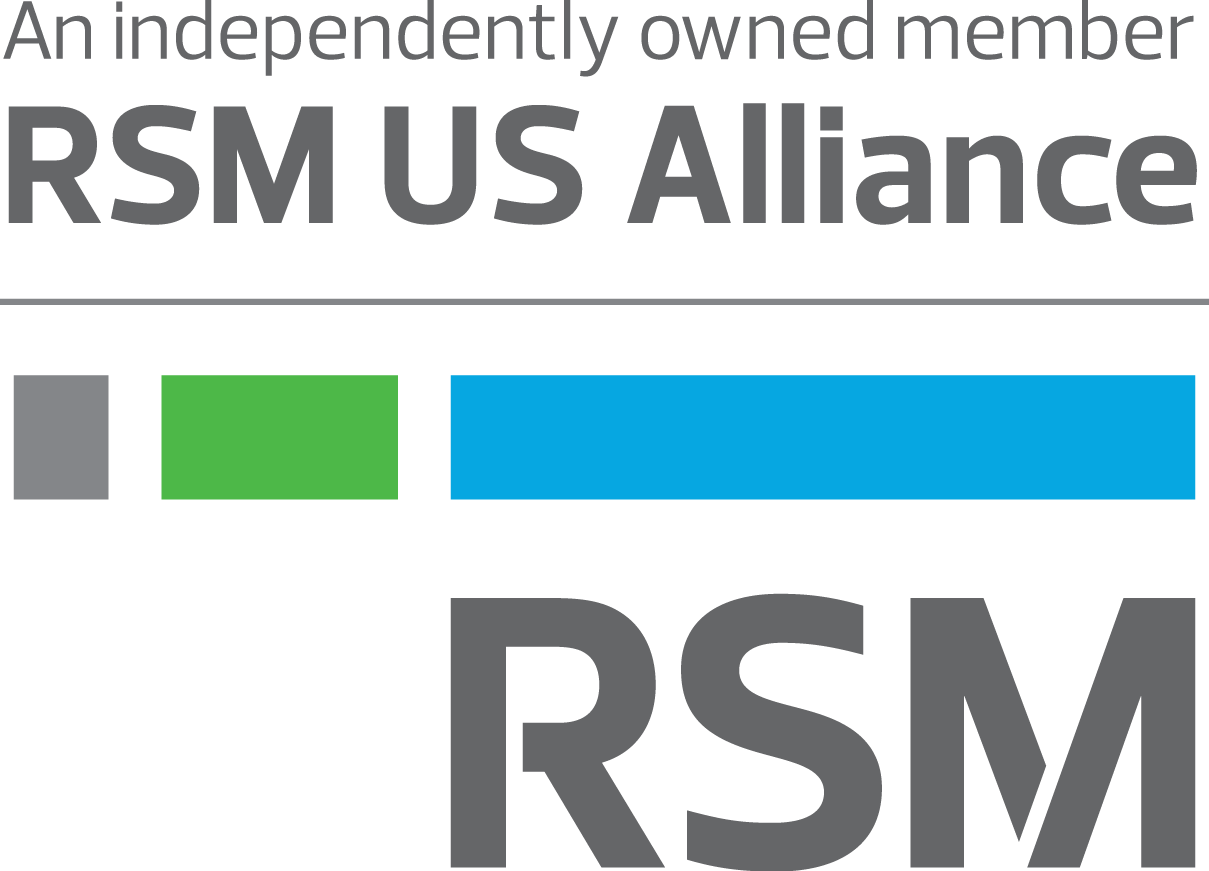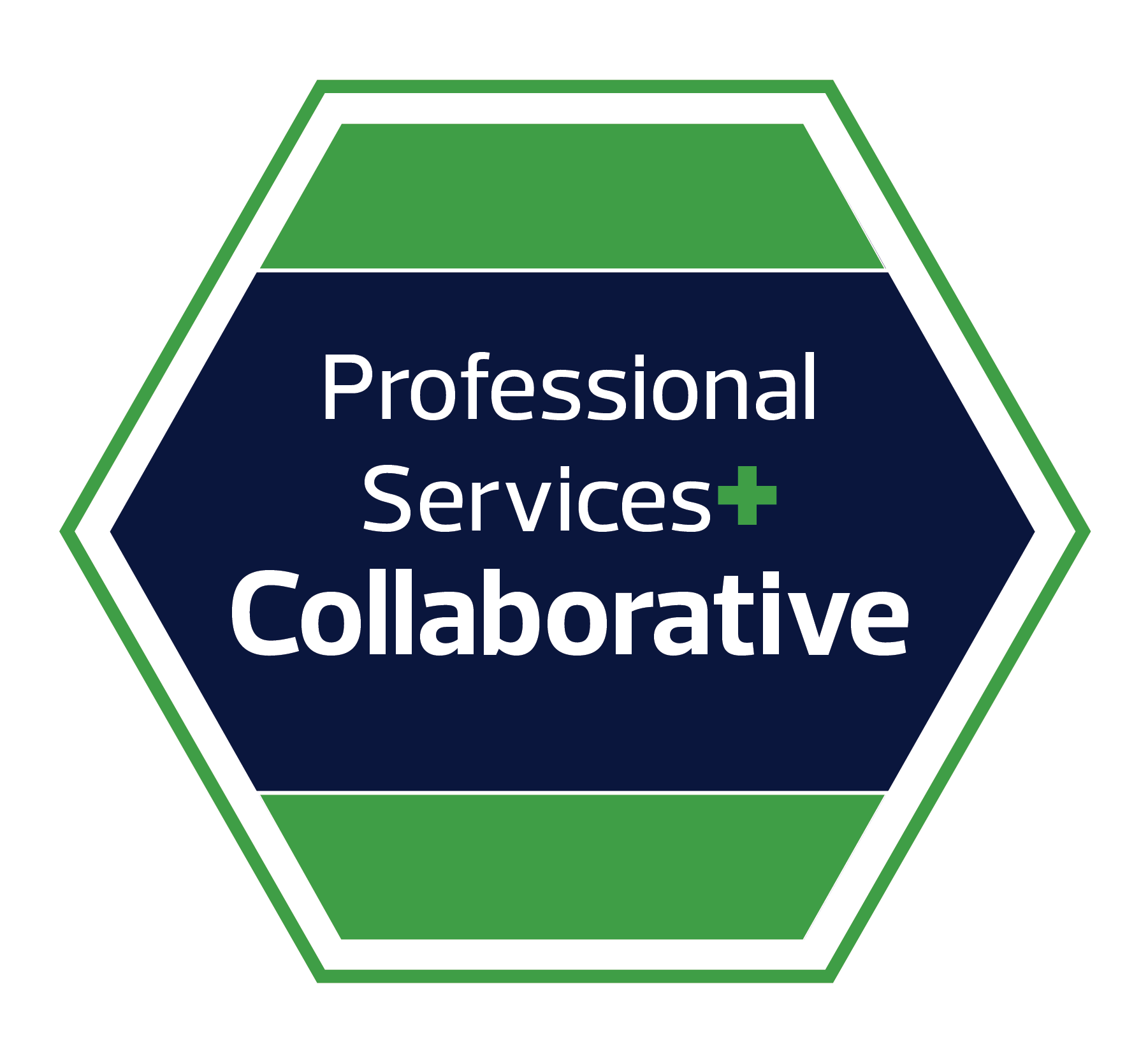Authored by RSM US LLP
When it comes to estate planning, you may believe your main task is to find a competent attorney who can draft the necessary documents based on your wishes. While this is indeed an essential step, it is vital to understand that estate planning extends beyond the initial paperwork.
The successful execution and administration of your plan play a pivotal role in ensuring your intentions are realized and your legacy is protected. Failing to navigate these crucial aspects can leave your estate vulnerable to potential challenges by the IRS, jeopardizing your wealth. Below, we shed light on eight pitfalls to avoid, empowering you to proactively safeguard your estate and secure a lasting legacy for your loved ones.
1) Not considering the tax ramifications
Generally, the primary objective of your estate plan is to ensure the fulfillment of your desires and take care of your loved ones. However, overlooking the tax implications can result in unforeseen and unfavorable consequences.
Costly examples include failing to understand the taxation of business income after your death, risking the loss of an S corporation election due to an ineligible shareholder inheriting the asset, and burdening beneficiaries with substantial tax liabilities.
Plan ahead: Ensuring that your estate plan considers income tax consequences can be crucial to its success. If you have questions about the tax impact of your estate plan, consult with your RSM tax professional, who can help ensure your plan is up to date for the most recent changes in income tax law.
2) Not filing a proper gift tax return
While the statute of limitations for a gift tax return is generally three years from the date of filing, if a transfer goes unreported or is inadequately disclosed on a gift tax return, the statute of limitations will be extended indefinitely, leaving your gifts open to scrutiny long after they have been made.
Plan ahead: View your gift tax return as the memorialization of your estate plan. Make sure to adequately disclose transfers on a timely filed gift tax return. Doing so will generally allow the statute of limitations to close within three years of the date of filing, limiting the amount of time the IRS can challenge the transfer and valuation. This includes non-gift transactions, such as sales for fair market value to related parties.
3) Not using a qualified appraiser or not getting an appraisal
Even if a gift tax return has been timely and accurately filed, the IRS can still challenge the value of your gift if it examines the return prior to the statute of limitations closing. Further, if the appraisal is incomplete or was not professionally prepared, the return may not achieve adequate disclosure at all.
Proper appraisals are not only important for gift tax reporting purposes, they also affect charitable planning. In a March 2023 ruling, the Tax Court disallowed a charitable deduction even though the charity had already received the donation, and one of the reasons was that appraiser was not qualified.
Plan ahead: Make sure that your appraisals can withstand an IRS challenge. The best way to ensure that your appraisal will be appropriate is to engage a qualified appraiser who performs appraisals on a regular basis for the type of property being valued. Verify that the appraisal is prepared for the proper purpose, values the actual property that was transferred and is as of the actual date of transfer.
4) Poorly administering the plan
One of the oldest grounds for IRS action is the “substance over form” doctrine, in which the IRS will look at the true nature of a transaction instead of merely the legalities of what took place.
Further, under the “step transaction” doctrine, the IRS may treat multiple transactions as one if the sole purpose of the transactions is tax avoidance. In a November 2021 ruling, a taxpayer gave assets to their spouse. The spouse then gave those assets to a trust. The IRS argued that the gift was from the taxpayer to the trust, which caused a significant gift tax liability.
Plan ahead: To avoid the “substance over form” and “step transaction” doctrines, it is important to ensure that the transaction is structured and executed in a way that reflects its true nature and purpose. This includes documenting that there was genuine intent, actual transfers of ownership and adequate timing between the transfers.
5) Gifting the wrong property
There are advantages and disadvantages associated with gifting assets during your lifetime versus holding them until death.
For instance, consider the scenario in which you gift a $1,000,000 property with a $100,000 cost basis. The recipient of the gift assumes the original $100,000 basis, which means they may be responsible for capital gains taxes if they decide to sell the property. If the property appreciates in value after the gift, there could be a significant tax bill.
On the other hand, if you kept the property until your death, when it is worth $2,000,000, it would receive a step-up in basis to the date of death value, potentially eliminating the capital gains tax burden altogether. However, holding until death could mean an estate tax liability.
Plan ahead: Weigh the costs and benefits of gifting assets during life or holding until death. See item six below for one way to mitigate the risk of gifting the wrong property.
6) Not drafting flexibility into your plan
You may think that setting up an “irrevocable” trust means that everything is set in stone, but it is important to draft flexibility into your estate plan.
Looking at the example above, let’s say that the property did increase to a $2,000,000 value after the gift was made to a trust for the benefit of your descendants. The trustee decides to sell the property after your death and must pay capital gains tax on the $1,900,000 gain. If you had held this asset until your death, it would have had a step-up in basis to $2,000,000, eliminating the capital gains tax.
Plan ahead: Including a power of substitution is one way to include flexibility in your plan. In the example above, if the trust had contained language that allowed you to substitute assets of equivalent value, you could have had the best of both worlds.
First, you removed the asset from your estate at $1,000,000 gift tax value, essentially removing the additional $1,000,000 of appreciation transfer tax free. Second, you could address the low basis by swapping $2,000,000 of cash for the property. This would move the property back into your estate where it could receive a step up in basis at your death.
Note that the power of substitution would cause the trust income to be taxed on your individual income tax return, where you would be liable for any income tax. Your estate planning attorney and tax professional can share other ways to add flexibility into your plan.
7) Not being intentional with your GST exemption allocation
In addition to the estate and gift exemption, you have the generation-skipping tax (GST) exemption to use during your life or at death. This exemption can be utilized to protect assets from the generation-skipping transfer tax (GSTT), allowing for the preservation of wealth across multiple generations. This exemption is automatically allocated to certain transfers, but there are elections available to affirm whether you want to protect certain assets from the GSTT.
Relying on an automatic allocation could cause a waste of your available GST exemption. For example, you set up a trust for the benefit of your child and descendants, but you expect that your child will deplete the trust before it benefits grandchildren. Absent an election, your GST exemption would most likely be allocated to any transfer to that trust. This trust does not need to be protected from the GSTT since it will never go to grandchildren and beyond.
Plan ahead: Proactively consider your available GST exemption when creating your estate plan. Work with your estate planning attorney and tax advisor to ensure proper elections are made and the reporting is in line with your planning.
Protect the assets that should be protected, and don’t waste exemption on assets that do not need to be protected. In the example above, electing to stop the automatic allocation of your GST exemption to this trust on your timely filed gift tax return would save your GST exemption for future transfers that are intended to benefit grandchildren.
8) Causing accidental estate inclusion
You may transfer assets with the intention of removing them from your estate, but, despite your efforts, certain factors trigger their inclusion in your estate. Generally, this could be related to retaining too much enjoyment or control over the assets.
Another common fact pattern involves spousal trusts. For example, you set up a trust for the benefit of your spouse and descendants. You fund the trust with jointly held assets. Your spouse is able to take distributions during their life if needed. Funding this type of trust with property partly owned by the beneficiary spouse would cause estate inclusion issues.
Plan ahead: Collaborate closely with your estate planning attorney and tax advisor to thoroughly assess the possibility of estate inclusion and develop strategies to prevent it. When establishing a trust for the benefit of your spouse, take care to fund it exclusively with your separate property, thus mitigating any concerns of estate inclusion for your spouse.
Estate plan resilience
By steering clear of common pitfalls, you can enhance the effectiveness of your estate plan and provide peace of mind for yourself and your loved ones. Avoiding these eight pitfalls will enable you to craft a comprehensive and resilient estate plan that reflects your wishes and secures your legacy for future generations.
Remember, seeking professional guidance and regularly reviewing your plan are essential to adapting to evolving circumstances and ensuring the enduring protection of your legacy.
Upcoming webcast
Tax in Motion 2023: Private client forum
This webcast series covers tax opportunities and liquidity planning for private company owners, estate planning before 2026 and charitable giving.

This article was written by Carol Warley, Scott Filmore, Amber Waldman, Spencer Diamond and originally appeared on 2023-08-08.
2022 RSM US LLP. All rights reserved.
https://rsmus.com/insights/services/private-client/safeguard-your-legacy-by-avoiding-these-8-estate-planning-pitfal.html
RSM US Alliance provides its members with access to resources of RSM US LLP. RSM US Alliance member firms are separate and independent businesses and legal entities that are responsible for their own acts and omissions, and each are separate and independent from RSM US LLP. RSM US LLP is the U.S. member firm of RSM International, a global network of independent audit, tax, and consulting firms. Members of RSM US Alliance have access to RSM International resources through RSM US LLP but are not member firms of RSM International. Visit rsmus.com/aboutus for more information regarding RSM US LLP and RSM International. The RSM(tm) brandmark is used under license by RSM US LLP. RSM US Alliance products and services are proprietary to RSM US LLP.

Lauterbach, Borschow & Co. is a proud member of RSM US Alliance, a premier affiliation of independent accounting and consulting firms in the United States. RSM US Alliance provides our firm with access to resources of RSM US LLP, the leading provider of audit, tax and consulting services focused on the middle market. RSM US LLP is a licensed CPA firm and the U.S. member of RSM International, a global network of independent audit, tax and consulting firms with more than 43,000 people in over 120 countries.
Our membership in RSM US Alliance has elevated our capabilities in the marketplace, helping to differentiate our firm from the competition while allowing us to maintain our independence and entrepreneurial culture. We have access to a valuable peer network of like-sized firms as well as a broad range of tools, expertise, and technical resources.
For more information on how the Lauterbach, Borschow & Co. can assist you, please call us at (915) 544-6950.


